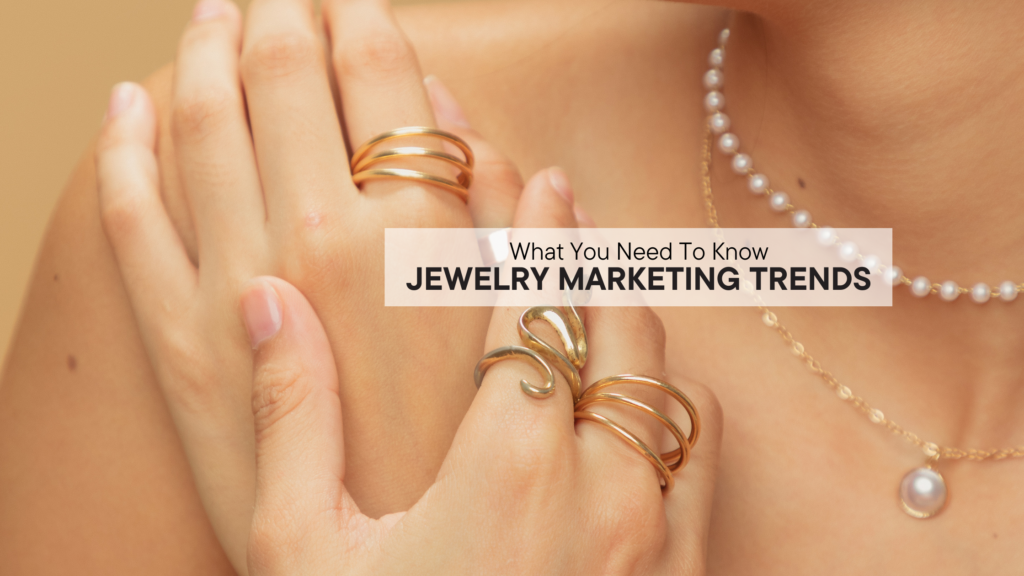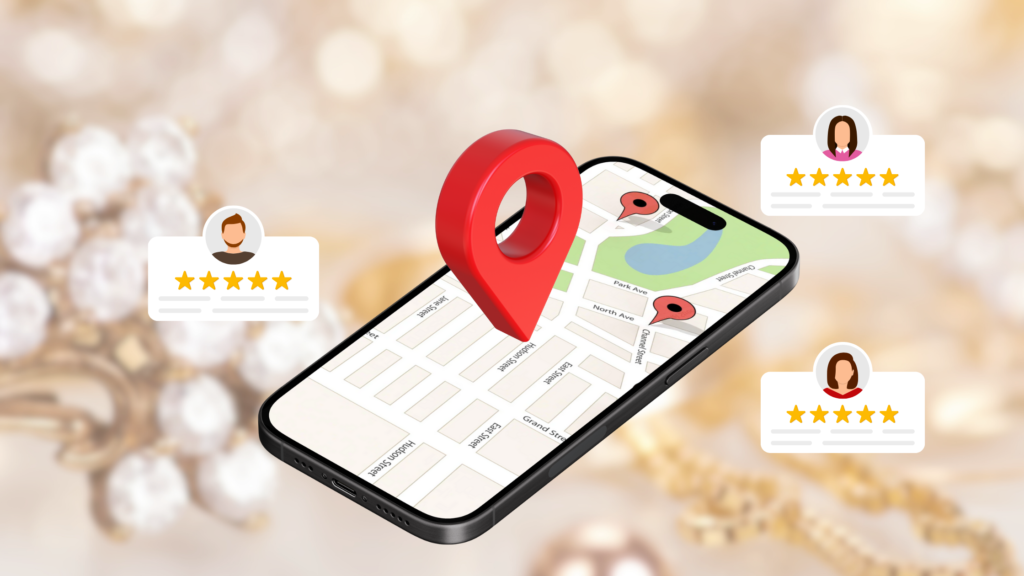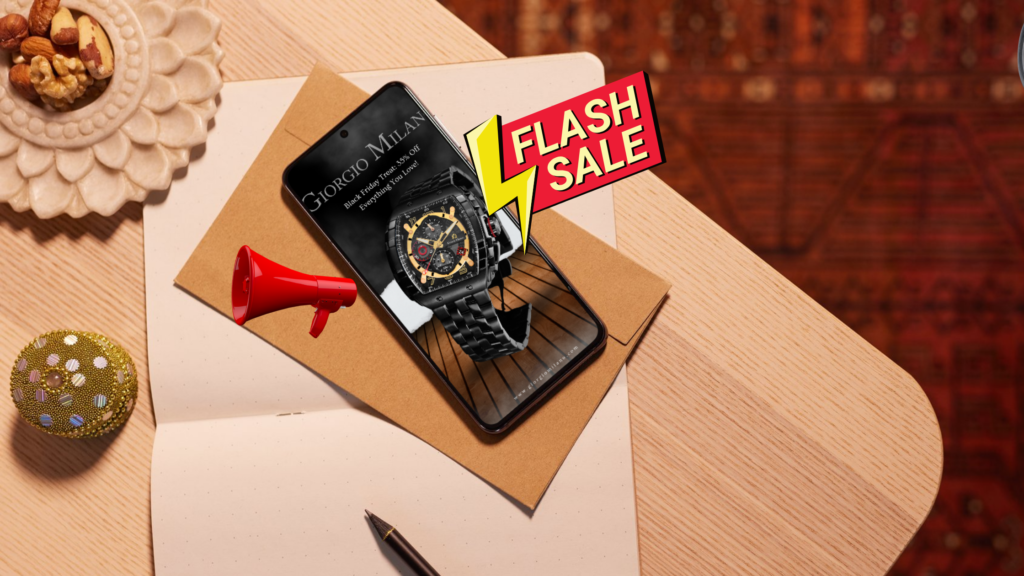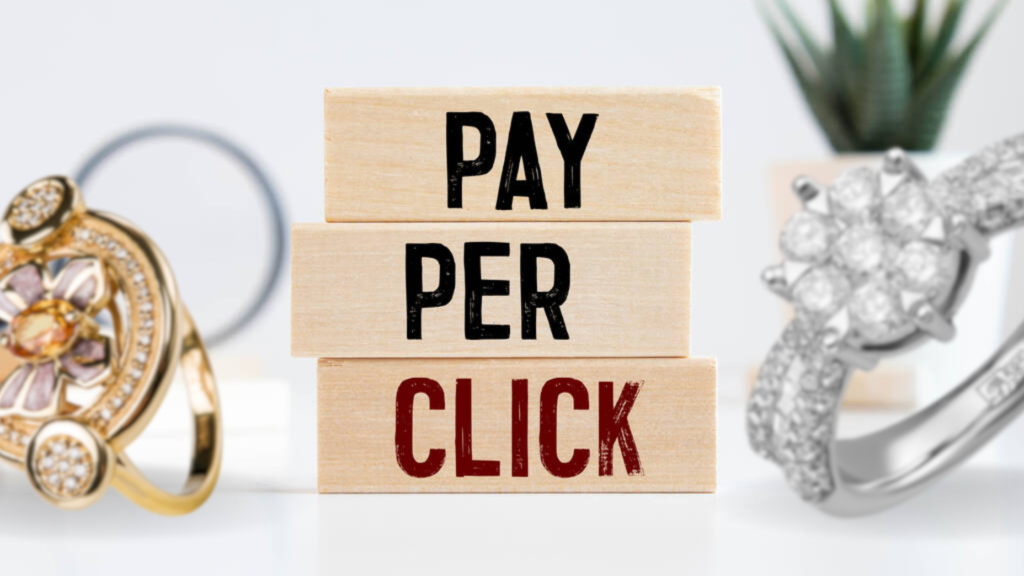For luxury jewelers, staying ahead of marketing trends isn’t just a competitive advantage…it’s essential. The digital landscape is evolving rapidly, and consumer expectations are shifting just as fast. From AI-driven personalization to blockchain-backed authentication, the jewelry industry is embracing innovation like never before.
So, what’s shaping the future of jewelry marketing? Let’s dive into the biggest trends:
Personalized Shopping Experiences

Consumers today expect tailored experiences, and luxury jewelers are leveraging advanced technology to deliver.
- AI-powered recommendations: Smart algorithms analyze browsing and purchasing behavior to suggest the perfect piece for each customer.
- Virtual try-ons: Augmented reality (AR) allows shoppers to see how a ring, bracelet, or necklace looks on them before making a purchase.
- Data-driven personalization: From personalized email campaigns to dynamic website content, brands use customer data to create a seamless, unique shopping experience.
Social Commerce & Influencer Marketing

Social media has evolved beyond brand awareness…it’s now a full-fledged sales channel.
- Instagram, TikTok, and Pinterest Shopping: Luxury jewelers are using these platforms to showcase products and allow direct purchases.
- Influencer collaborations: Partnering with micro and macro influencers builds trust and expands brand reach.
- Live shopping events: Interactive live-streaming lets customers engage with brands in real time, boosting engagement and conversions.
Sustainability & Ethical Sourcing

Consumers are more conscious than ever about where their jewelry comes from. Brands that prioritize sustainability are winning customer loyalty.
- Conflict-free diamonds and recycled metals: Ethically sourced materials appeal to eco-conscious buyers.
- Transparency in the supply chain: Brands leveraging blockchain technology to verify sourcing provide consumers with confidence in their purchases.
- Eco-friendly packaging: Sustainable, luxury packaging aligns with modern values and enhances the unboxing experience.
Omnichannel Retailing & Hybrid Shopping Experiences
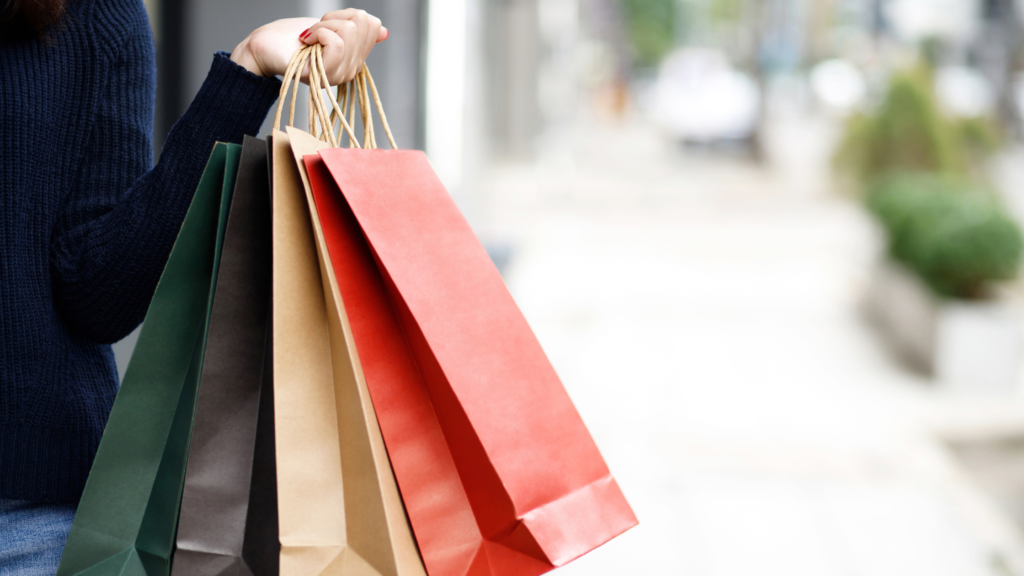
The line between online and in-store shopping is blurring, and customers expect a seamless experience across all touchpoints.
- Phygital retail: Luxury brands are blending physical and digital experiences through virtual consultations and in-store tech integrations.
- Immersive brand storytelling: High-end jewelers are using video content, interactive catalogs, and experiential showrooms to engage customers.
- AI-powered customer support: Chatbots and virtual assistants help answer customer questions instantly, enhancing the buying journey.
NFTs & Blockchain in Jewelry Authentication
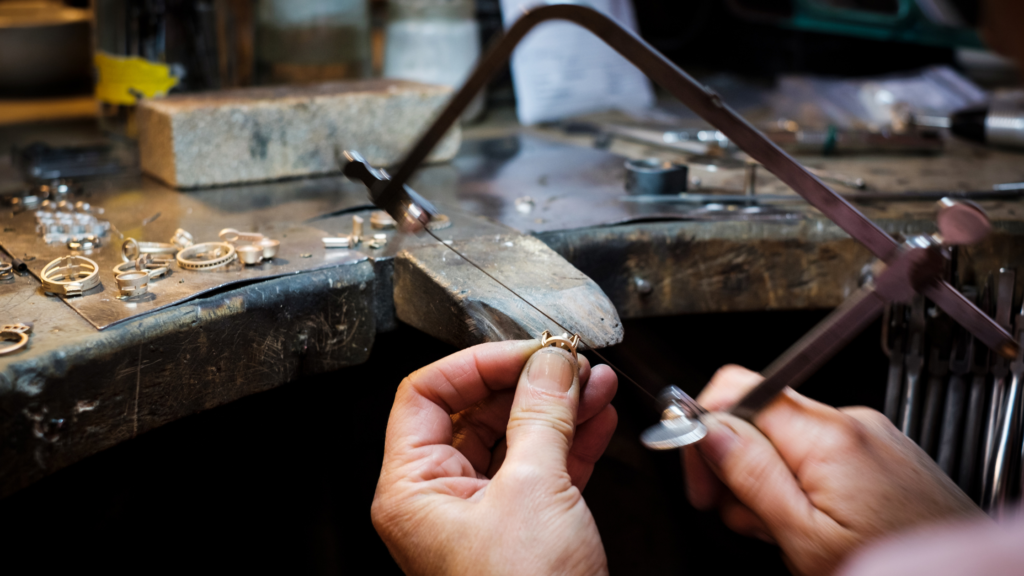
The intersection of fine jewelry and digital assets is an emerging space worth watching.
- Blockchain for authenticity verification: Secure digital ledgers provide proof of provenance, reducing counterfeit concerns.
- NFT-backed jewelry collections: Some brands are introducing NFTs as digital certificates of ownership or exclusive collectibles.
- Consumer perception: While still niche, blockchain-backed authentication is gaining traction in the luxury sector.
The Power of AI and Data-Driven Marketing

Artificial intelligence is revolutionizing marketing strategies, offering luxury jewelers a competitive edge.
- AI-driven ad targeting: Advanced data analytics help brands reach the right audience with precision.
- Automated personalization: AI tailors website experiences, email campaigns, and product recommendations.
- Predictive analytics: Brands use big data to anticipate trends and optimize inventory management.
The Resale & Circular Economy Movement
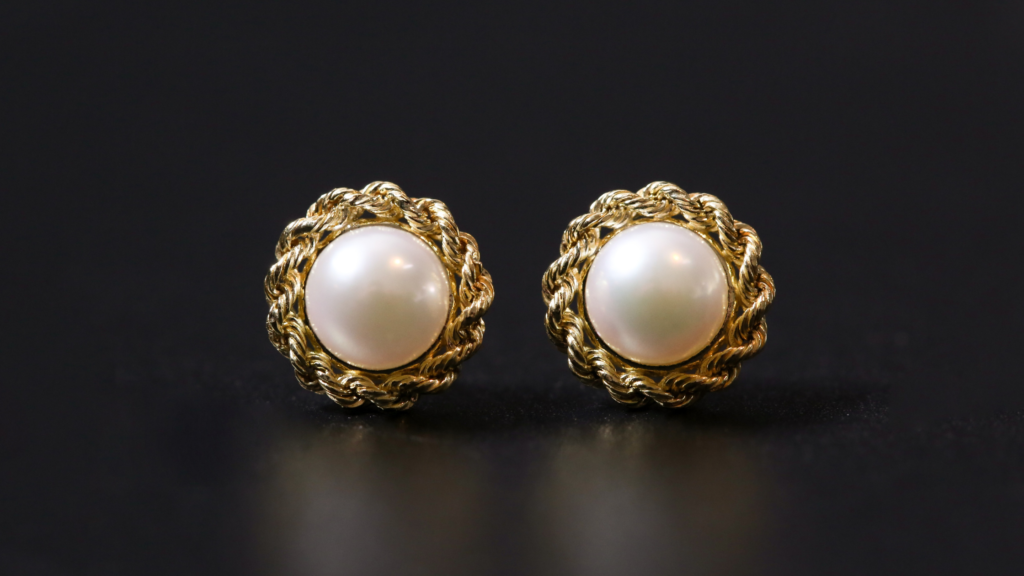
Luxury jewelry is increasingly viewed as an investment, fueling the growth of the resale market.
- Pre-owned luxury platforms: Marketplaces for authenticated pre-owned jewelry are gaining popularity.
- Heritage brands embracing resale: More luxury houses are offering refurbishment services and certified pre-owned collections.
- Investment-grade jewelry: Consumers are drawn to high-value pieces that appreciate over time.
Conclusion
The jewelry industry is embracing digital transformation, sustainability, and personalized experiences to meet evolving consumer demands. As a luxury brand, adapting to these trends isn’t just about staying relevant…it’s about thriving in an increasingly competitive market.
Ready to take your jewelry marketing strategy to the next level? ARKTOP specializes in bespoke marketing solutions tailored for luxury brands. Contact us today to discover how we can elevate your brand’s digital presence!

